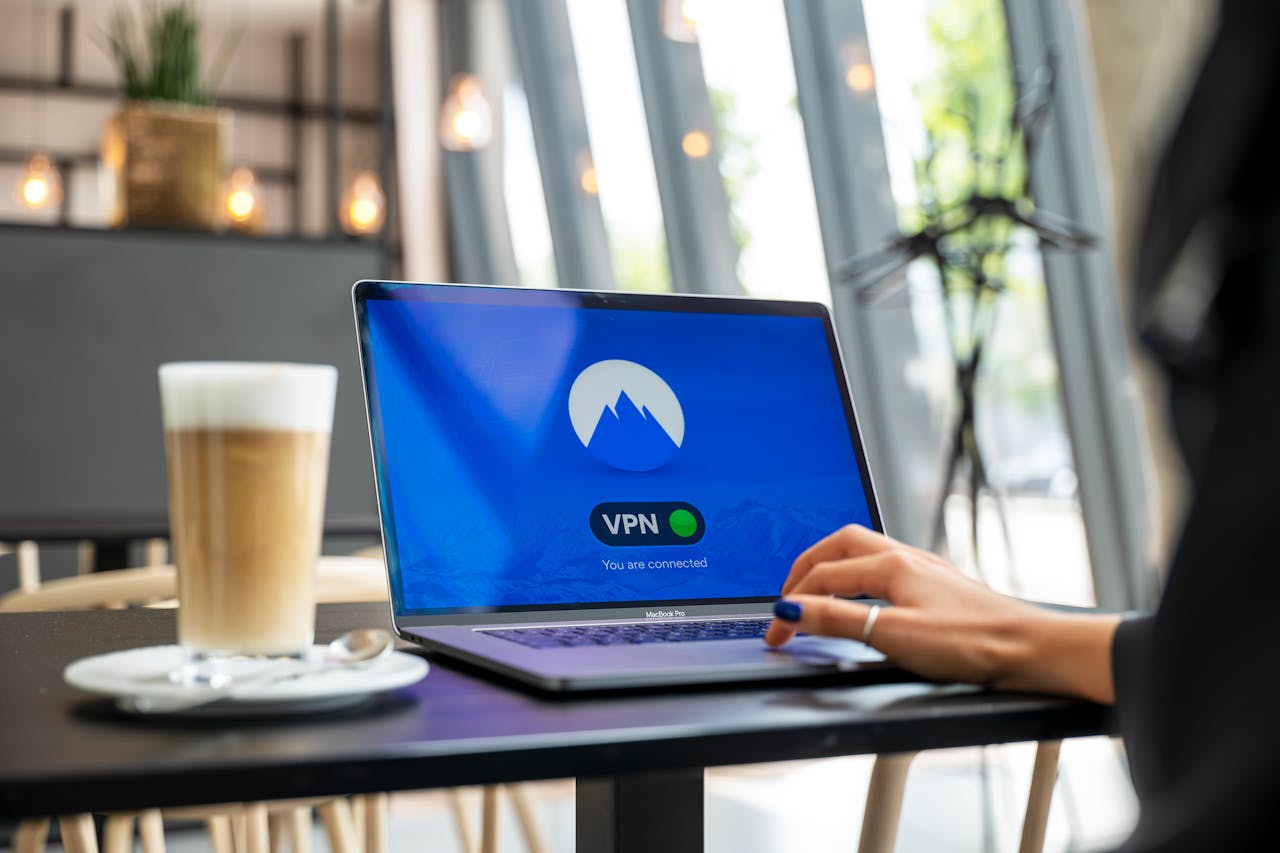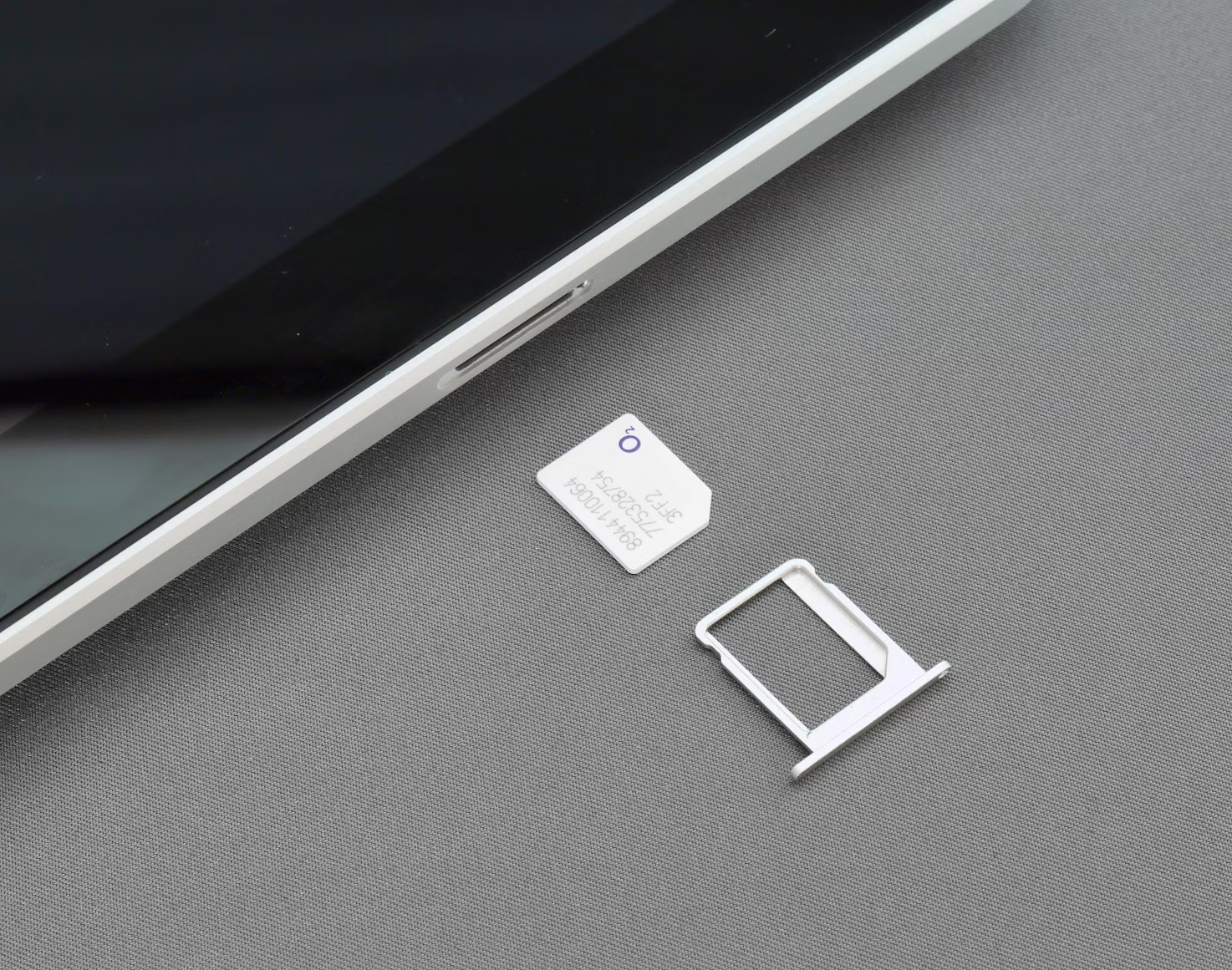A Detailed Guide to Share Your VPN Connection
-
April 23, 2024
-
8 min read

Privacy and security safeguarding is of utmost importance, considering the evolution of digital connectivity. Not only does a remote access system set up a secured Internet Protocol connection, but it also allows you to easily share your information. Individual VPN subscriptions may be more popular, but in some cases, sharing a VPN connection is necessary. The guide unpacks peer-to-peer VPN sharing, stressing their significance, relevance, and the best methodologies for their proper use while keeping all security to a standard.
Extending security and privacy through shared VPN connections
A shared VPN connection increases the security and privacy benefits for an individual user, irrespective of devices or the number of users associated with a premise, through the virtue of a single subscription. Similarly, a joint approach is a significant advantage for households, groups of friends, and small businesses in preserving a secure digital environment from online threats and building a community defence together.
Brief overview of VPN
A VPN plays the role of a mediator, it connects your device to the internet securely. It ensures foolproof data protection even when accessing the internet in a public WiFi zone. What allows a VPN to ensure your anonymity online is the ability to encrypt your IP address, which is especially useful while you are using public Wi-Fi networks, as well as when trying to access restricted content.
Importance of sharing a VPN connection
Having a VPN connection and sharing it is an essential cybersecurity requirement in a world where the threat of cyber attacks is high, and attacks are becoming sophisticated. This tactic not only improves personal protection but also mitigates exposure for even those outside of the network.
Corporate applications: Ensuring remote work
In addition, the use of VPN sharing is inevitable for small-scale enterprises with offsite employees who deal with confidential information. It guarantees the confidentiality of the data, which is transmitted by the employees, regardless of their location, thus being a guarantee of privacy of the company’s information.
Household security: Internet security
At home, a shared VPN guarantees secure streaming, minimizes downtimes during online banking, and maintains the confidentiality profile of each household member’s digital activities, making possible the establishment of a safe and private online environment for the entire family.
Educational institutions: Preserve academic integrity
Educational institutions benefit from shared VPN connections in a way that allows teachers and students to secure access to academic resources when they use their devices from somewhere that is not connected to campus networks. Doing this helps to ensure the confidentiality of academic and personal data.
Community defence: Hardening cybersecurity in shared places
In shared environments such as co-working spaces or co-living aspirations, a joint VPN functions as a mutual protection against cyber infringement, allowing users to surf, stream, and work securely.
By taking a proactive approach to digital security, we can reduce the risks associated with the constantly changing cyber threat landscape and ensure that everyone has a safer online experience.
Benefits of sharing a VPN connection
- Enhanced Device Privacy:
Prevent unwanted access to your data by safeguarding the privacy of any device you connect to Wi-Fi, including unconventional ones like game consoles and Smart TVs.
- Global Content Access:
By sharing a VPN globally , you can get around geographical limitations and access a variety of content libraries on gaming and streaming devices that don’t support native VPN apps.
- Protection Against DDoS Attacks:
By encrypting your communication and hiding your IP address, a VPN can protect you from DDoS assaults when used on gaming consoles.
- Improved Connection Speeds:
By keeping your ISP from restricting your bandwidth when you’re using a lot of data, a VPN may guarantee steady, faster internet connections.
- Cost Savings:
To cut costs, connect to a VPN server in an area where digital material, such as video games and streaming subscriptions, is less expensive.
Common scenarios for sharing a VPN connection
Here are some common scenarios where sharing a VPN connection might be useful:
- Family members: While public Wi-Fi is beneficial, it is quite risky to the privacy of family members since one can easily impart private information to strangers. When parents make financial transactions in a coffee shop or their children browse the internet at a library, sharing a VPN helps secure their data in a variety of settings. For example, a shared VPN guarantees that a youngster conducting research for school projects stays private and safe.
- Remote work teams: Members of a remote work team may require access to common digital resources. A shared VPN makes sure that a team member’s connection is safe if they need to access sensitive corporate information without one. A virtual private network (VPN) can safeguard the connections of a distant marketing team accessing shared data on a corporate server.
- Travelling companions: While public Wi-Fi is so notorious for being unreliable, travellers are forced to often rely on it. When travelling, the group’s internet activities—such as email checks, social media access, and online banking—can be protected by sharing a VPN. For instance, a group of friends visiting a foreign nation can utilize a shared VPN to access local trip guides or itinerary information securely without endangering the security of their data on public networks.
The shared VPN, which can be adjusted to different demands and settings, is essential for preserving online security and privacy in every situation.
Also Read: Advantages of Dedicated Internet Access (DIA) for your Business
Methods of sharing a VPN connection
The method on how to share VPN connections depends on your operating system and the capabilities of your VPN provider. Here are some common methods:
- Share VPN on windows: Windows operating systems provide the capability to share a VPN connection over a Wi-Fi or Ethernet connection. You can set up your Windows computer as a virtual router or share the VPN connection directly through an Ethernet cable.
- Mobile hotspot: Most modern smartphones allow you to create a mobile hotspot, essentially turning your phone into a portable Wi-Fi router. Once connected to your phone’s hotspot, other devices can access the internet through your VPN connection.
- Ethernet cable: For a wired connection, you can connect your computer with an active VPN connection to another device via an ethernet cable. This method lets the other device share your internet connection and VPN protection.
- Virtual router software: Some third-party software enables your computer to function as a virtual router, broadcasting a Wi-Fi network that other devices can connect to and share your VPN connection.
Security considerations to follow while sharing a VPN connection
While sharing a VPN connection offers benefits, it’s crucial to prioritize security:
- Limiting device connections: Using a VPN connection on several devices at once might slow down the connection and jeopardize security integrity. To improve failure monitoring and preserve the highest possible security, VPN access should be restricted to a small number of users. For example, a family should restrict VPN usage to four devices instead of ten to improve data transmission speeds and provide more rigorous access control.
- Using robust passwords: It’s essential to have robust, complicated passwords for both your VPN and Wi-Fi hotspot. To establish a strong password, use letters, numbers, and symbols; avoid popular phrases or combinations that are simple to figure out. Rather than utilizing “password123,” for instance, consider employing a more intricate and distinct passphrase such as “VPN$3cur3!ty2024.”
- Sharing caution on public networks: As one can suggest, visiting a bank account and other private information through public Wi-Fi while connected to a VPN is still risky. In case you want to split your VPN within a public network, the wiser choice will be to assign you only routine tasks. Examples include news websites that pose a much lower risk of abuse than banking or shopping on the Internet.
- Selecting a reputable VPN provider: Go for a VPN service like Airtel VPN service provider that has a transparent privacy policy and strong security features. To improve security and speed, some providers give dedicated IP addresses or servers that are designed for sharing. Look into and select a supplier who has a good reputation for protecting user data and a good track record; examples of such providers, including Airtel VPN service provider, are frequently suggested because of their robust encryption standards and no-logs practices.
- By following these guidelines, you can share your VPN connection more safely and guarantee that privacy and performance are preserved.
You may also like: Dedicated Line: A Cost-Effective Solution with Integrated Data Security
Final thoughts
Giving colleagues access to a shared VPN connection might be a practical way to reap the rewards of internet security and anonymity. However, it’s essential to put security first by adhering to best practices like minimizing the number of linked devices, creating secure passwords, and employing caution when accessing private data.
By adhering to these instructions, you can take advantage of shared VPN connections and protect your online security as well as the security of others you share it with. Knowing how to share a VPN, particularly on Windows, and using a shared VPN account sensibly can guarantee that you and your network have improved online protection and privacy.
 Share
Share









